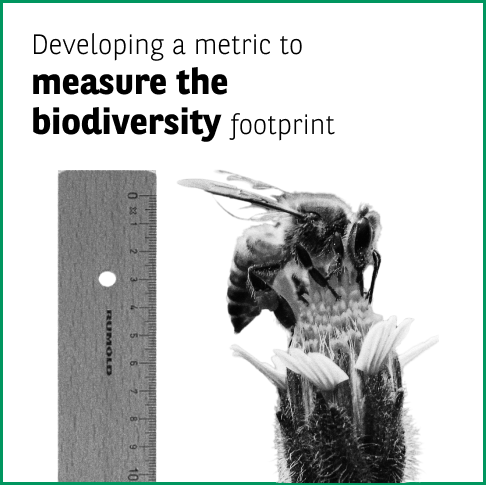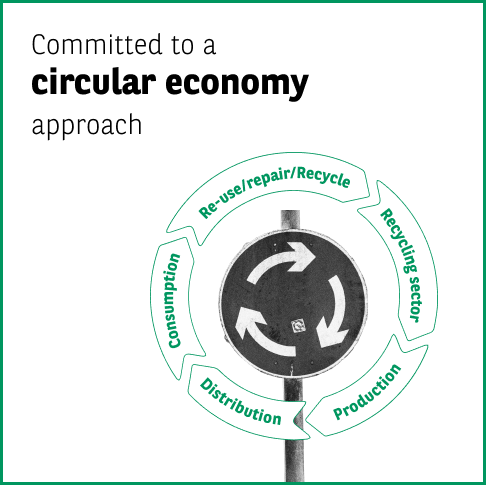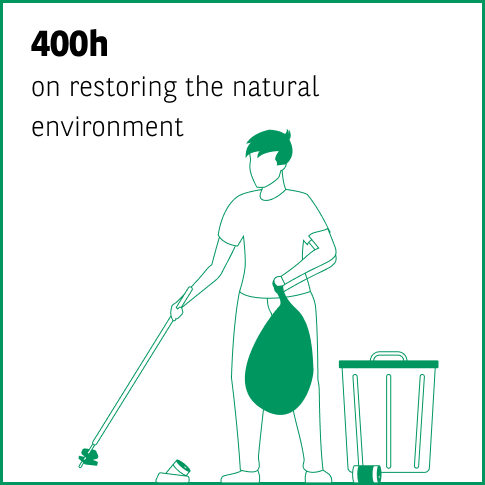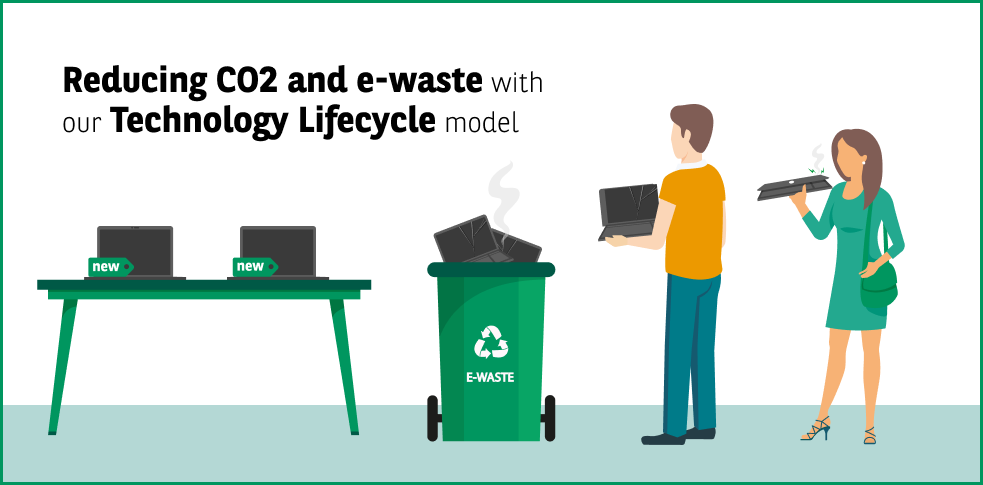Explained: Transition to an economy that respects planetary boundaries
We helped a landfill company by managing the assets needed to finance their decommissioning practices. Recent regulation requires this client to reserve some longer term provisions for cleaning up facilities. BNPP has proven skills in fiduciary management, managing assets for pension funds against the (long term) liability structure of the fund.
For this landfill organization, such a liability structure also exist, hence a fiduciary management mandate has been trusted to BNPP. The investments that will be used for this purpose are ESG screened and include, amongst others, Green bonds and Social Bonds.

In 2021 we published our Biodiversity roadmap and this year we have published our biodiversity footprint report, wherein we tested the metric (km2MSA) we have developed together with Iceberg Data Lab’s research to determine
a biodiversity footprint for our corporate holdings. This is a first in the market. We have the following preliminary findings:
1- More than 65% of our Corporate AUM is invested in sectors with a low biodiversity intensity,
2- in most sectors, our average biodiversity intensity (weighted per AUM) is lower than the sector-level average (unweighted)

In relation to our biodiversity Road Map we expect companies to assess and report on their key impacts and dependencies on nature with a priority focus on deforestation and water


In 2022, we have donated more than 400 hours to projects aimed at restoring the natural environment (such as world clean-up days).
Furthermore, we have donated more than 65K in projects concerning the preservation of natural capital in the Netherlands in 2021-2022
In relation to our 3StepIT offering we have supported a client implementing our Technology Lifecycle model for their laptop supply. This allowed our client to reduce e-waste and CO2:
• 37636 CO2 kg emissions avoidance by financing new laptops
• E-Waste avoidance up to 300kg by committing to a circular technology lifecycle model to finance new laptops. It challenges customers to dispose old unwanted tech by giving them value back and a sustainable process to grant their old equipment a second life.